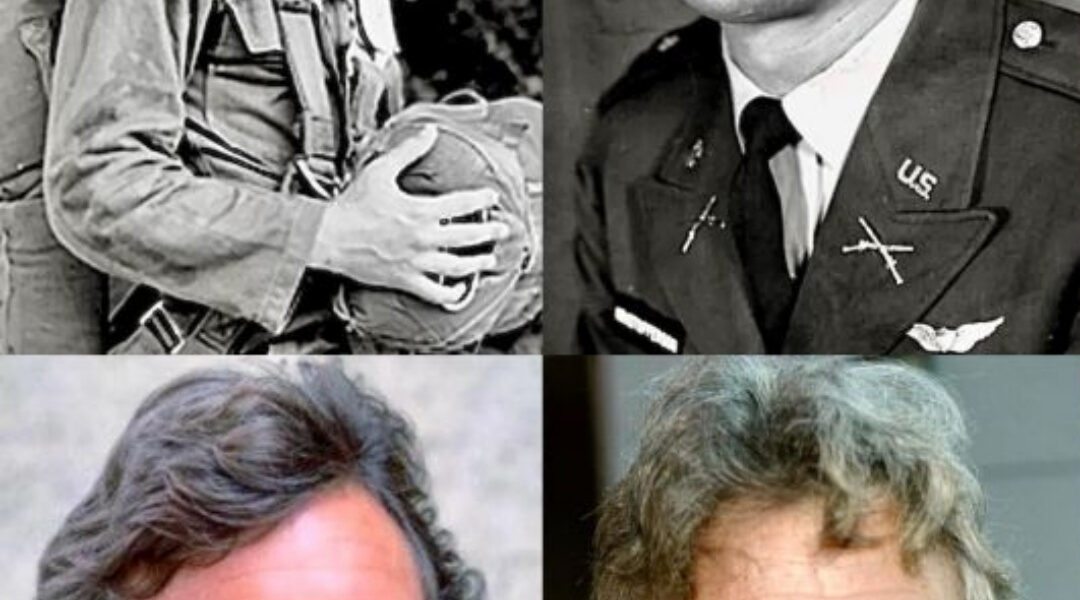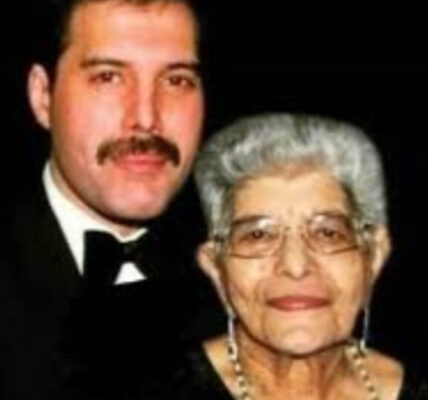Before Kris Kristofferson ever stepped onto a Nashville stage, he had already lived enough for three lifetimes — each one marked by courage, conviction, and a restless search for meaning.

At Pomona College, he was the kind of student people remembered — a star athlete, a Golden Gloves boxer, a scholar with the sharpness of both mind and spirit. Professors saw in him the makings of a future academic, perhaps even a leader in the literary world. One mentor urged him to apply for a Rhodes Scholarship. He did—and won.
At Oxford, surrounded by ancient stone and centuries of tradition, Kristofferson discovered what would become the great love of his life: writing. He poured his soul into words, blending poetry with melody, learning how to turn emotion into art. But even then, the world seemed to have a plan for him — and it wasn’t music.
When he returned home, everyone expected him to follow a respectable path.
A professor. A writer. A scholar. Instead, he took a turn no one saw coming. He joined the U.S. Army, trained as a helicopter pilot, and rose to the rank of captain. Duty came easily to him, but peace did not.
He was offered a coveted teaching position at West Point — the kind of stable, honorable post that any soldier would dream of. Yet Kristofferson refused.
His heart, it seemed, had already found another calling — one that couldn’t be contained within classrooms or military ranks.
So he packed his bags, headed for Nashville, and traded certainty for struggle. He took janitor jobs, worked nights, and lived in the shadows of recording studios where stars came and went. All the while, he wrote — songs filled with grit, tenderness, and truth. Songs that spoke of ordinary pain and quiet redemption.
For years, no one listened. But he didn’t stop. And then, one day, the right man finally did.
Johnny Cash recorded “Sunday Mornin’ Comin’ Down.” It was raw. It was human. It was everything Kristofferson had ever wanted to say about loneliness, regret, and the ache of being alive.
The song exploded across America — and with it, Kris Kristofferson’s name.
From that moment on, the janitor became a poet of the people. His words would be sung by legends — Janis Joplin, Willie Nelson, Ray Price. His voice, rough and honest, became part of the American soul.
Yet fame never dulled him. He remained what he had always been: a seeker. A man who chose the harder path, not for glory, but for truth.
Today, Kris Kristofferson stands as one of the last living troubadours of his generation — a Rhodes Scholar who swept floors, a soldier who chased songs, a man who traded safety for authenticity.
His life is proof that courage isn’t just found on battlefields. Sometimes, it’s in the quiet act of walking away from certainty — and stepping into the unknown to follow the fire inside your heart.





